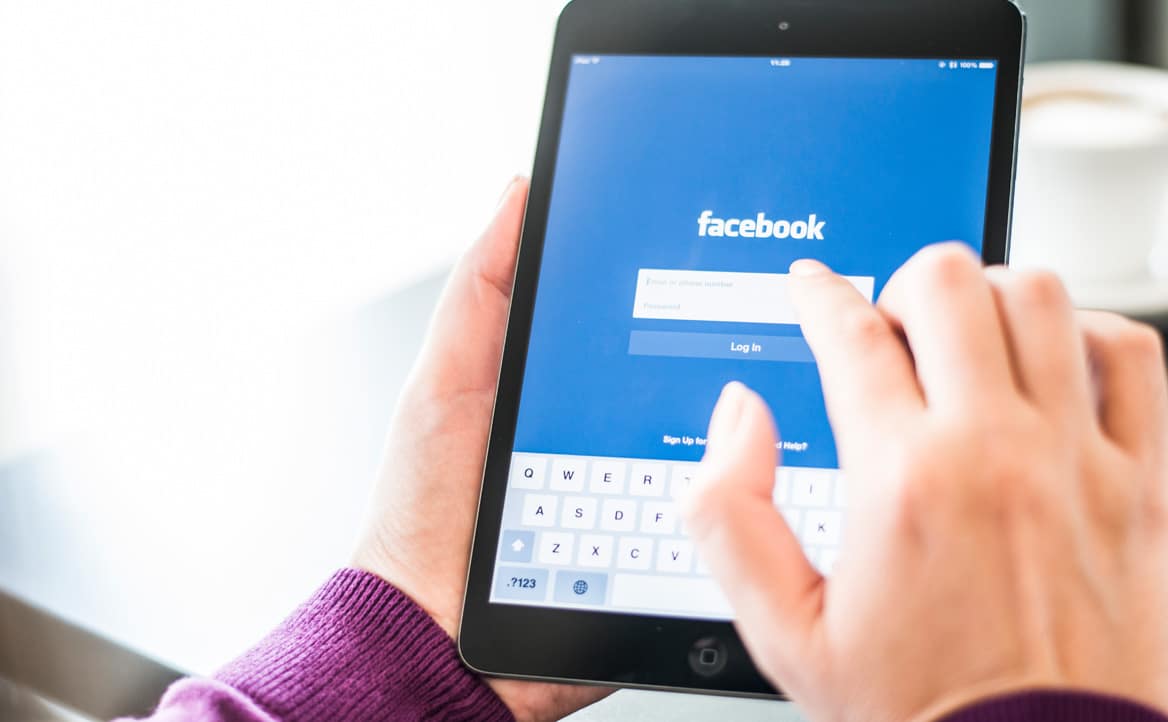If you're in the throes of a website (re)design, either for your main organization site or a promotional site, and user login factors into the mix, here's some research that is definitely worth considering.
The continued ascendance of social login (using your Facebook, Twitter or Google logins to access other third-party sites) is now more than just a consideration of convenience. It actually may promote adoption of your site. It stands to reason that wherever you can remove obstacles, the greater your chance to facilitate use. And not only just use, but valid, truthful use. Let’s face it, we’ve all given incorrect login information before simply to get to that coveted white paper or download we want. Leveraging social login not only makes it easier for users to participate — not requiring them to create and/or remember a new set of username/password info — but it also gives marketers an honest sense of who their users are. And that can lead to a more accurate calculation of ROI.
Here’s the research:
According to the Janrain Social Identity study, conducted by Blue Research, consumer frustration at being asked to register on a website continues to grow, and almost eight in ten people want social login to be offered as an alternative.
The research shows that marketers have a clear opportunity to increase conversion rates and online engagement by replacing traditional registration with social login. 86% of consumers are bothered by registering at a website and most will give false information or leave forms incomplete when creating a new account.
Four in five people are bothered by the need to create new accounts when registering on a website and will change their behavior as a result:
- 88% admit to having given incorrect information or left forms incomplete when creating a new account at a website
- 9 in 10 people (versus 45% in 2010) admit they have left a website if they forgot their password or log-in info, instead of trying to recover their password
- 82% seek out or avoid companies based on reviews from friends in their social graph
Consumers increasingly believe social login, the ability to sign-in to a website using an existing online identity from providers like Facebook, Google and Twitter, is a desirable alternative, says the report. 77% of respondents think websites should offer social login, instead of requiring the creation of a new account through a traditional registration process. In addition, fans of the service are more likely to both influence and be influenced by comments about a product or service from friends in their social graph. Increased brand affinity in fans of social login:
- 78% of social login fans have posted a comment or message to their social networks about a product or service they liked or thought others should know about or purchase
- 4 in 5 people (83%) say they are influenced to consider buying new products or services based on positive comments or messages from people in their social network
- 69% say positive reviews may increase their likelihood to purchase a product or service
- 82% seek out or avoid companies based on reviews from friends in their social graph
“… failing to offer social login is a missed opportunity for businesses to improve ROI of online properties…”
Paul Abel, Ph.D., Managing Partner, Blue Research, says “… failing to offer social login is a missed opportunity for businesses to improve ROI of online properties… fans of the service are more likely to register on the site, influence their friends … and more likely to return to a site that offers them a personalized experience…”
Consumers are increasingly bothered by the need to create new accounts. 4 in 5 say website registration bothers them; more are being driven away, fewer are willing to complete registrations.
Consumers receive conflicting messages from companies across channels or realize that a company does not know who they are.
Assuming a secure website from a well-established company that offers content or sells products/services that interest you, most likely next step. 2 in 5 prefer social login over creating a new or guest account. In 10 months, preference for ‘social login’ increased by 13%
The report suggests four significant findings that are key takeaways:
- Requiring consumers to create traditional accounts may lead to undesired outcomes
- A vast majority of consumers prefer social login
- Social login fans are more valuable customers
- Social login’s personalization capabilities are attractive

